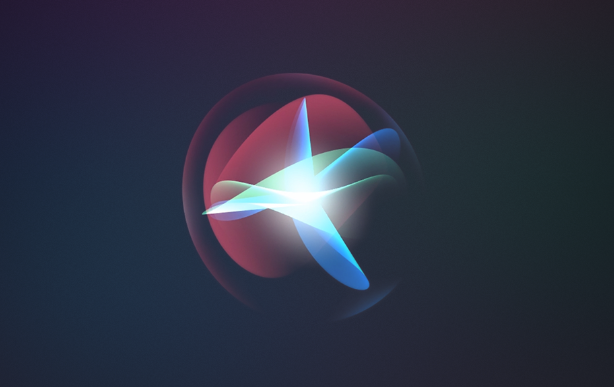Rumors have been swirling about Apple’s R&D in AI. It all started with reporting from Bloomberg’s Mark Gurman that Apple is developing a conversational AI called “Apple GPT.” It’s allegedly being tested internally among employees, with a wider rollout and splashy announcement to come next year.
Seeming to forget that Apple always enters markets late – and still usually beats everyone – a common refrain has been to rebuke its slow-walked approach to AI (the same thing happened to Google). But as always, Apple will watch and learn as early movers blaze the trail and end up with arrows in their backs.
Pace of entrance aside, a bigger topic is being largely ignored: what does a rumored Apple GPT mean for Siri? The answer is that Apple’s longstanding and underperforming voice assistant will finally be put to rest. We don’t see a world in which it survives any GPT-based internal competitor.
Dragged Down
Backing up and addressing the “underperforming” part. Siri is comically dysfunctional. Sure it works for predictable system functions (my inlaws love it to set timers and give weather updates), but getting it to answer practical questions turns into a frustrating exchange with a sad voice that can’t help you.
Despite all this, Apple has been hesitant to kill Siri as it’s so embedded in its signature cross-device ecosystem. Moreover, it doesn’t have a viable replacement to justify an invasive uprooting. That’s because AI and search aren’t Apple’s core competencies. Most Siri searches hand off to Google.
But that all changes now that the bar has been raised. With the rise of AI and chatbot capability in GPT-4, Apple has a more acute and viable opportunity to develop something that does its products any justice. For a company known for such stellar UX and quality, Siri has always been an Achilles heel.
So you could say that Apple has been waiting for years for a technology like GPT to come along. By developing a decent AI engine, it can elevate its native voice assistant – erstwhile Siri – to a quality that lives up to its UX standards. This could engender Apple-esque polish that isn’t dragged down by Siri.
Future Vision
All the above applies across Apple products – not just iPhone but Siri’s integration with Apple TV (which is particularly dysfunctional). But there’s one product where a decent voice assistant represents a make-or-break moment: Vision Pro. This device is dead-on-arrival if Siri is to be the brains and UX input.
This isn’t just because Vision Pro could be a key piece of Apple’s hardware ecosystem, as we recently examined, but because the device is particularly reliant on voice input. Though its gesture-based inputs are one of the most magical parts of Vision Pro’s UX, voice will be a key part of the input equation.
Beyond input modality, the AI functionality that stands behind it has to be flawless. As a new, and quite expensive, product for Apple, Vision Pro already has the challenge of making the device feel comfortable and natural. So any voice-assistant fails are bound to lose already-hesitant everyday users.
Add it all together and Siri’s days are numbered. We’re surprised it lasted this long. If Siri were a standalone company without Apple’s reliance – due, again, to lack of options – the market would have spoken a long time ago. So its demise will come in the AI age, and market balance will be restored.



